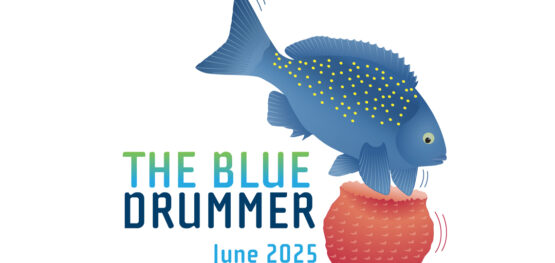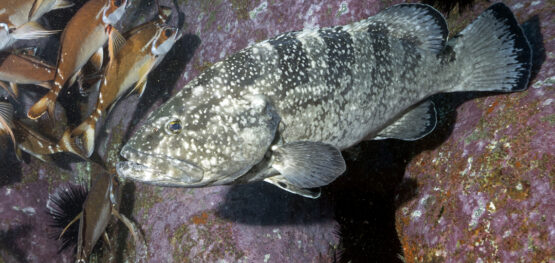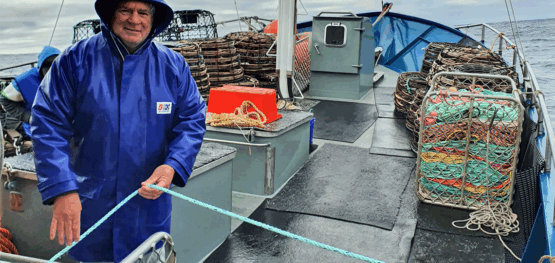Media release
12 August 2022
A new study led by CSIRO and James Cook University calls for a new coordinated and scaled-up approach to restoring Australia’s coastal and marine ecosystems.
Researchers state that failing to restore lost and degraded coastal ecosystems on a national scale is too important to risk, with climate change closing the window of opportunity.
Released today, A Roadmap for Coordinated Landscape-scale Coastal and Marine Ecosystem Restoration, involved input from more than 170 contributors, including scientists, First Nations people, government agencies and non-governmental agencies, funded by the Australian Government’s National Environmental Science Program.
Co-lead author and JCU TropWATER’s Assoc Prof Nathan Waltham said lack of coordination across projects was a huge problem and one of the biggest barriers stopping large-scale restoration.
“We’re investing lots of money and time in restoration, and because it takes more than ten years to start seeing outcomes from restored sites, its imperative restoration projects are done right from the start,” he said.
“At this stage, we’re not seeing enough of a coordinated approach, there is too much red-tape, Indigenous groups are not being brought in early enough, funding is scarce, and some projects are not using science-based methods and therefore are not always successful.”
Legislation barriers were found to be a major speed bump in scaling up restoration, causing unanticipated costs, delays in the start date of projects, and even preventing projects from going ahead.
CSIRO’s Dr Megan Saunders and co-lead author said ecological restoration was one of the most critical activities to mitigate and adapt to climate change, with these ‘blue carbon’ coastal ecosystems powerhouses in storing carbon and protecting shorelines from coastal hazards.
“Australia has lost so much natural capital already, including 92% of oyster reefs in the past 200 years, 95% of Tasmanian giant kelp beds, and up to 80% of saltmarshes in some estuaries,” she said.
A CSIRO-led study showed that 45% of coastal and marine ecosystems nationally are already experiencing stress from warming temperatures, and these impacts are predicted to worsen with climate change.
“The decline of these ecosystems is crippling the planet and recovering this damage at scale is needed urgently,” she said.
“We need a national strategy that is designed to cascade across state and local levels, and which promotes the co-design of projects, opens funding pipelines, develops fit-for-purpose legislative requirements and actively brings in all levels of communities, organisations and governments.”
Dr Saunders said the report highlights the power of people in shaping restoration goals, with community-led projects found to be often more successful in the long term and pointing out the opportunity and need to support and elevate Indigenous-led and co-designed restoration going forward.
“There is a lot of pride in community, in the people and their land. People drive change – and this is powerful and inspiring.”
The report urges for a national science-based coastal and marine restoration plan that hits environmental and climate change mitigation targets while also providing economic recovery in the form of a skill training pipeline to expand capacity, which includes Indigenous Land and Sea Ranger groups.
The roadmap has the potential to elevate the state, condition and function of Australia’s coastal and marine assets, increasing our capacity to adapt to climate change and improve the social, cultural and economic wellbeing of the Australian people. This is now critical following the release of the State of the Environment report by the Australian Government, where coastal and marine environments were shown to be in poor condition.
“Humanity’s impact on Australia’s coastal regions is severe, the State of the Environment report release this month highlighted this, while climate change continues to escalate these impacts,” Dr Waltham said.
“But it is possible to reimagine a different future, where environmental degradation is restored. We just have to work together.”



